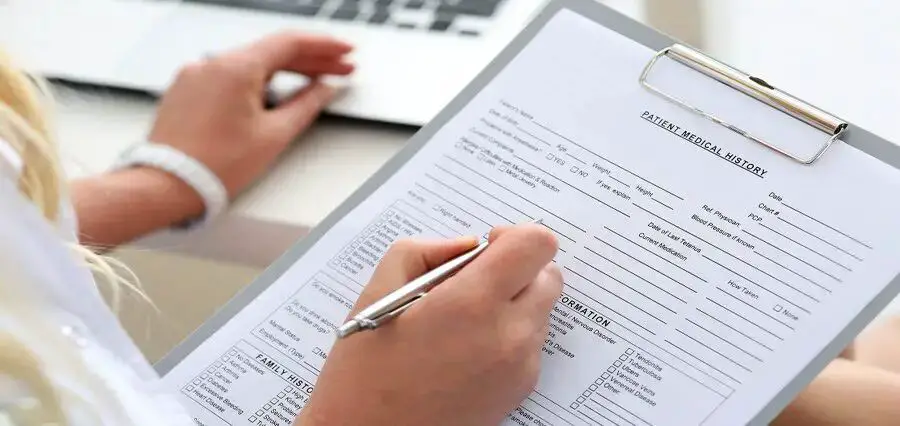In the interconnected world of global healthcare, the translation of medical documents plays a critical role in ensuring that patients receive appropriate care and that medical research is accessible across borders. This specialized field of translation requires not only linguistic expertise but also a deep understanding of medical terminology and practices. The need for accuracy and precision is paramount, as even the slightest error can have significant consequences.
Understanding the complexity
Medical document translation encompasses a wide range of materials, including clinical trial data, medical records, consent forms, pharmaceutical research, and patient information leaflets. Each type of document presents its own set of challenges, from the dense technical language of research papers to the legal and ethical implications of consent forms. Translators in this field must be proficient in the relevant languages and have a strong background in medicine or healthcare.
The role of specialized translators
Given the complexity and importance of medical documents, translation work is often entrusted to specialists in the field. These translators are not only experts in language but also have training or experience in medicine. This dual expertise ensures that translations are both accurate and appropriately convey medical concepts in a way that is understandable to the target audience. Whether translating a research article for publication in an international journal or a patient’s medical history for treatment abroad, specialized translators are essential for bridging the language gap in healthcare.
Challenges and solutions
One of the primary challenges in medical document translation is the potential for ambiguity. Medical terminology can be highly specific, and terms often have no direct equivalent in other languages. Translators must navigate these linguistic hurdles to produce a text that is faithful to the original and understandable to the reader. This often involves creative problem-solving and extensive research to find the most appropriate terms.
Another challenge is maintaining the confidentiality and security of sensitive medical information. Translators must adhere to strict ethical standards and privacy laws, ensuring that all documents are handled with the utmost care and discretion.
Ethical considerations
The translation of medical documents also raises important ethical considerations. Consent forms, for example, must be translated in a way that fully informs patients of the risks and benefits of a procedure or study, respecting their right to informed consent. Similarly, patient information must be translated with sensitivity to cultural differences that may affect understanding and acceptance.
The importance of certification
To address these challenges, many medical document translators pursue certification in medical translation. Certification programs, offered by professional translation organizations, provide a formal recognition of the translator’s skills and knowledge in the field. This can be a valuable asset for clients seeking reliable translation services, offering assurance that the translator has met rigorous standards of competence and professionalism.
Personal documents translations
In addition to clinical and research documents, medical translators often work on personal medical documents, such as birth certificates, vaccination records, and medical histories. These translations can be critical for individuals seeking medical care, traveling, or moving abroad. The accurate translation of personal medical documents ensures that healthcare providers have access to a patient’s medical history and can make informed decisions about their care.
The translation of medical documents is a field that demands the highest levels of accuracy, expertise, and ethical consideration. Specialized translators play a vital role in facilitating communication across the global healthcare landscape, ensuring that medical knowledge is shared and that individuals receive the care they need, regardless of language barriers. As the world becomes increasingly interconnected, the demand for skilled medical translators is likely to grow, highlighting the importance of this specialized service in advancing global health and wellbeing.


